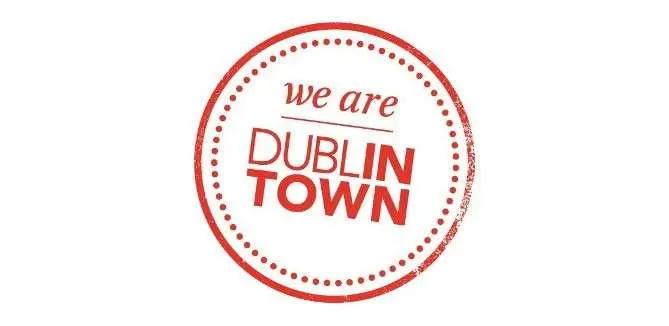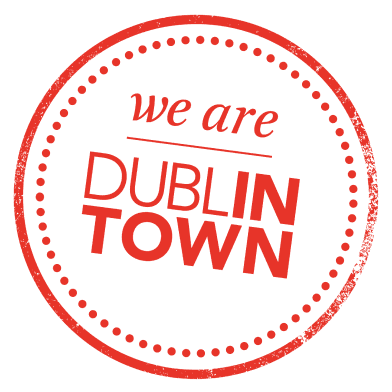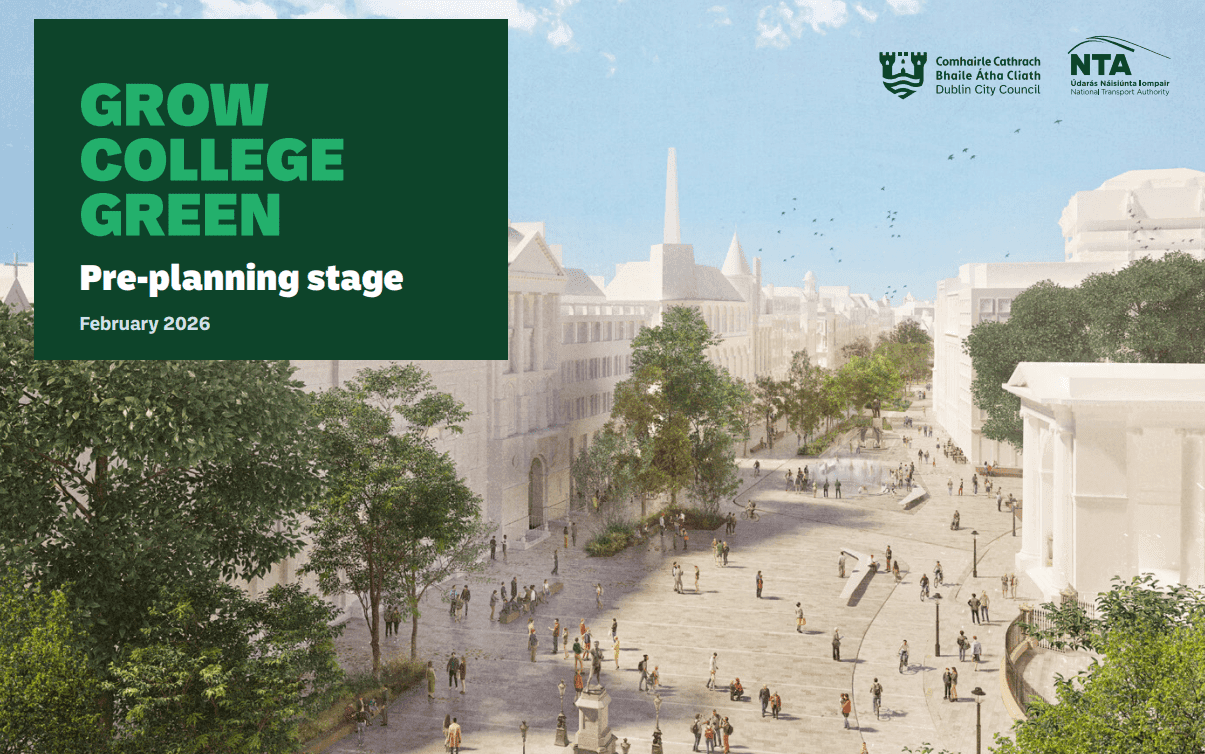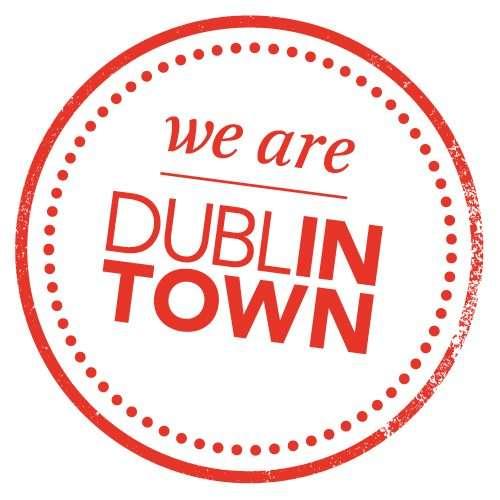Dublin Recovery: 4-Point Plan

- Fri 16 February, 2024
An insight from DublinTown, Dublin City Centre’s Business Improvement District (December 2023)
1. Context
The events of 23rd November brought into sharp focus, issues which have beleaguered Dublin city centre for some time. Research confirms that the public believe that the Dublin experience is deteriorating. These issues which reflect poorly on Dublin and Ireland, have led to a diminution of the city experience and a loss of footfall. In a global economic environment, the loss of public confidence will lead to reduced economic performance well beyond the city’s traditional retail and hospitality trades.
This summary document sets out DublinTown’s perspectives on the issues and solutions arising. To succeed, the proposals require multi-agency collaboration. DublinTown is actively engaged with both public and private sector partners to deliver upon this constructive agenda, however, we believe that there is a need for greater co-ordination through an interagency and cross departmental task force to deliver an integrated plan.
2. Safety
The core issue to be addressed is the fact that people do not feel safe in Dublin city centre. A 2021 research piece revealed that 84% of Dubliners said feeling unsafe has impacted on their willingness to visit the city centre.
The solutions required are:
a) Increased Garda presence
i. Research regularly confirms that increased Garda visibility is the intervention most likely to yield increased footfall in Dublin city. The post 23rd November Garda presence quickly resolved many public safety concerns and led to an enhanced city experience.
ii. We would advocate for the re-introduction of Small Areas Policing which was very successful previously.
iii. While increased Garda visibility is welcome, we would also like to see the retention of experienced Gardaí within the city, at least in the short term.
b) Managing our social challenges
i. Dublin like all modern cities faces social challenges. However, Dublin does not manage these challenges as well as comparative cities.
ii. There is an over concentration of emergency accommodation and drug services within the city’s commercial district. As noted in the Better City For All report of 2012, this is inconsistent with best international practice and does not best serve the needs of service users, as well as having wider societal impacts.
iii. Numerous unregulated charities, are providing services to vulnerable people without Garda vetting on city streets. It is not clear how the provision of food or changing clothing in public view is optimum or fully respects the dignity of service recipients. DublinTown believes that all such services should be licensed by the Dublin Regional Homeless Executive and should require appropriate vetting and analysis of need.
c) Juveniles
i. Post pandemic, Dublin in line with peer cities has experienced challenging behaviour from groups of Juveniles. It would appear that some are not taking advantage of the opportunities available to them through the Juvenile Liaison programme. There is a need to address challenging behaviour of some young people where the JLO system has not resulted in a positive change in behaviour. This may require custodial sentences for repeat and serious offences.
d) Judicial System
i. City businesses are concerned with the number of cases where they and their staff have been terrorised by individuals who re-appear on the street shortly after being detained by the Gardaí. The public often find it difficult to comprehend how such repeat offenders are offered bail or receive suspended or short sentences. The lingering feeling is that the anxiety felt by victims of crime is not given sufficient consideration in the judicial process.
ii. There is a strong sense that many repeat offenders feel above the law and that potential punishments are not acting as a deterrent.
e) Aggressive begging
i. Members of the public are often intimidated by aggressive and persistent begging. DublinTown advocates a revisiting of the Criminal Justice (Public Order) Act 2011, to add provisions in relation to persistent begging and intimidation.
2. Transport and access
a) Research shows that the public believe that the city is becoming increasingly difficult to access. They believe that the current traffic and transport proposals published by Dublin City Council and National Transport Authority will make it even more difficult to access the city.
b) Many of the transport solutions required are contained in the NTA’s plans to 2042. However, we simply cannot wait for a further 20 years for basic transport provision and still meet our transport related carbon emission targets.
c) The current transport and traffic proposals are giving rise to significant concern in relation to access to the city; deliveries; maintaining services such as plumbing, construction etc. We advocate a detailed workshop with businesses to consider the proposals and how business/public concerns can be accommodated within the overall scheme.
d) We see scope for furthering shared deliveries to and from premises. We believe that shared deliveries from the city would facilitate people using sustainable transport to access the city, and to enjoy the hospitality/entertainment offering while having their goods forwarded to their homes or a collection depot in local suburbs.
e) The success of 24 hour bus routes shows that there is a demand for night transport. We believe that this service should be broadened to include all transport modes.
f) Car parks could be used at night as taxi hubs with security and lighting where people can wait for taxis with a greater degree of safety. We would like to follow the lead of some German cities, where technology is used to facilitate safe taxi sharing at peak periods to help patrons of the night time economy leave the city more efficiently.
g) We see scope for the use of vacant/under utilised buildings to house a concierge service, bag minding and paid public toilets.
3. Regeneration
a) DublinTown welcomes the ongoing investment in the city’s public domain and lighting enhancements. We would like to address specific under performing districts.
b) Talbot Street
i. Talbot Street is the centre of public transport on the city’s northside. Yet it is also the street that has one of the lowest perceptions of safety. Less than one in ten people feel safe by night on the street
ii. DublinTown believes that the arts can be used to regenerate the area as has been done in other cities internationally. The proximity of the Abbey Theatre and the LAB would assist in redefining the area.
iii. We would like to see artists studios being brought to the upper floors and galleries/craft shops being introduced at ground level. We believe that this would assist in rebalancing tourist footfall and spend, which is currently heavily concentrated on the south side of the river.
iv. We believe that there is scope to introduce art to Connolly Station and Bus Aras to enhance the ambience and also welcome people to an artistic district.
v. We would like to enhance the walkway connecting the IFSC to Talbot St. via Connolly Station to increase the engagement between the two districts.
vi. The area is ideal for increased Living Over the Shop, which will require a more practical approach to conservation and implementation of fire regulations.
vii. We believe through multi-agency and property owner engagement that the district can achieve a significantly higher potential than is currently the case. This experience could be shared in other parts of Dublin city and around the country.
c) We see scope for increased use of parklets and meetings spaces on traffic free streets to facilitate the use of the city as a meeting point.
d) We need to encourage alternative uses such as residential, leisure, amenity and hospitality through the reviewing of the current Category 1 and Category 2 retail street status. This planning allocation is inconsistent with modern city uses and should be addressed.
4. Waste collection
a) The current waste collection regime is not working. Bags are left on the street late into the night presenting a poor impression of the city for the evening & night time economy and adding to safety concerns.
b) We advocate for bye laws to reduce the window in which waste can be collected by waste management companies.
c) We believe that the feasibility of the Council becoming active in waste collection again should be considered.


